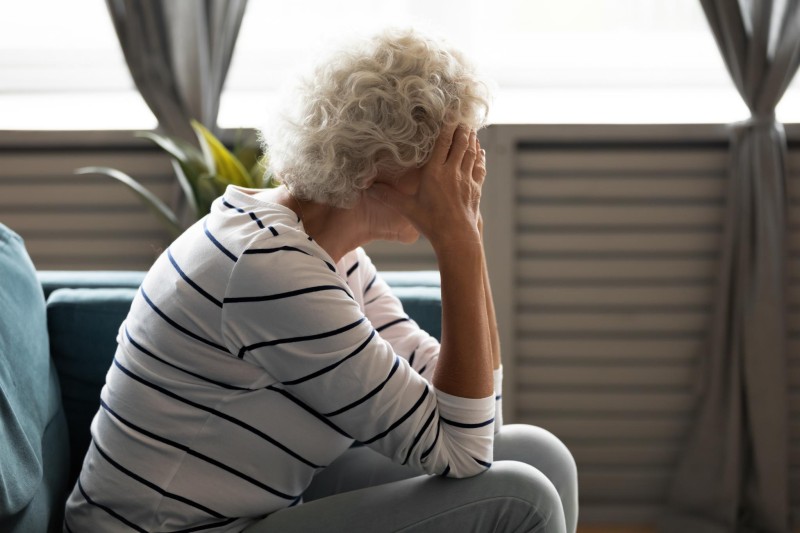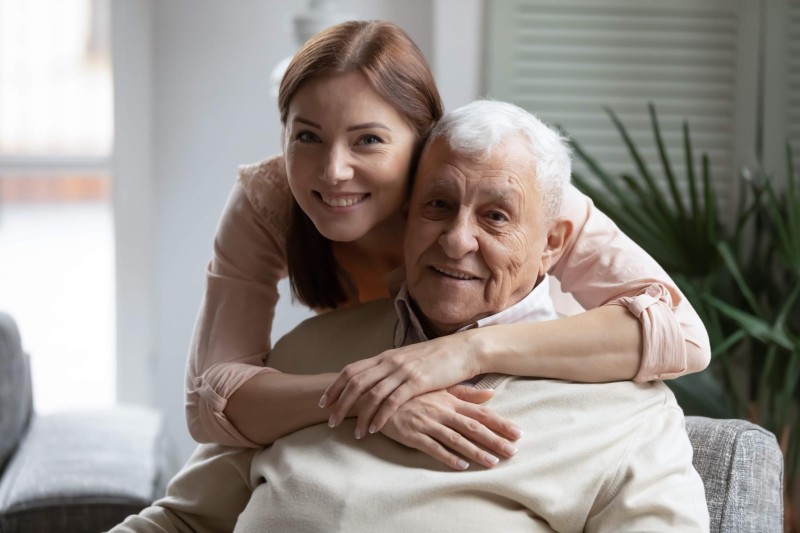Breadcrumb
- Home /
- Resources
Resources
Mobile Resource Library Tabs
Filters
Search
Categories Navigation
Asset Publisher
Resources

5 Tactics to Help Improve Your Home Health CAHPS Rating
There’s a reason that positive customer reviews are very important to home health agencies—many households seeking in-home health care services rely on published accounts to guide them in selecting the agency they feel will be the best fit for their situation.
Read MoreBy Michelle Palmer | 03/15/2021

How Caregiver Support Can Combat Rising Stress Levels
We all know that caregiving for a loved one can be stressful, but it seems that caregivers may be feeling the strain more than ever before. Nearly two-thirds of family and friend caregivers consider their situation to be moderately-to-highly stressful, according to the recently released Caregiving in the U.S. 2020 report from National Alliance for Caregiving and AARP.
Read MoreBy Michelle Palmer | 03/15/2021

COVID and Quarantine: The Mental Health Consequences
As the COVID-19 pandemic has reshaped our world, it has also made us reevaluate how we understand mental health. This webinar will share tips on recognizing the role COVID-19 and quarantine risk factors play in the mental health disorders of our loved ones, how to become familiar with symptoms of PTSD and other mental health disorders that are linked to quarantine, and ways to help our loved ones cope.
WatchBy Tamar Cooper | 03/09/2021

Time is Precious for Family and Friend Caregivers—How Care Coaching Can Help
When you consider that 60 percent of family/friend caregivers are employed outside the home, the time drain on daily life can be extraordinary, leading to stress, strain in family relationships and unmet needs for both the caregiver and the older adult needing assistance. That’s why Benjamin Rose Institute on Aging developed BRI Care Consultation™. It’s an evidence-based care-coaching program specifically designed to work with both the family or friend caregiver and the person with a chronic condition to identify ways to better manage ongoing care.
Read MoreBy Michelle Palmer | 02/17/2021

It’s OK to Feel: The Emotional Side of Caregiving
The reality is that caregivers experience a wide range of emotions, from ambivalence and resentment to anxiety, grief, loneliness, fear and even joy—often within the same day. We are conditioned to believe, as one family caregiver so eloquently stated, that we “must always smile and never complain…" And yet these emotions are normal, they are healthy, and we need to find ways to name them, to feel them and to express them.
Read MoreBy Lisa Weitzman | 02/16/2021
